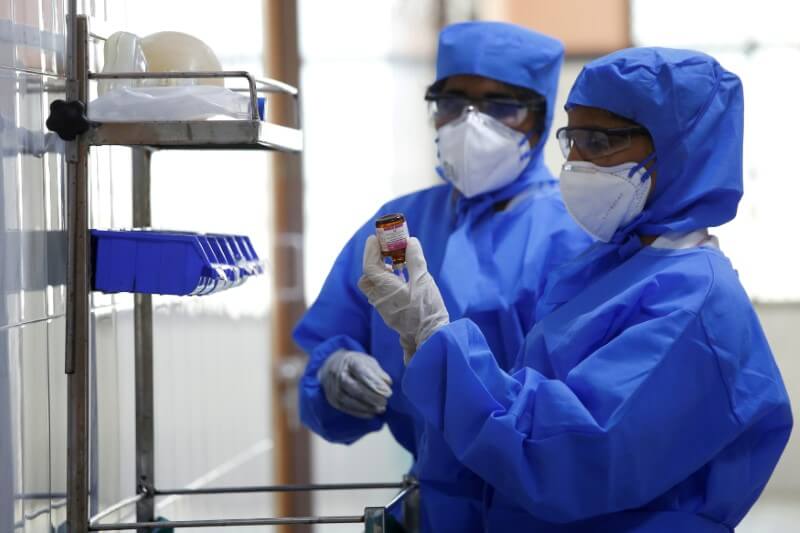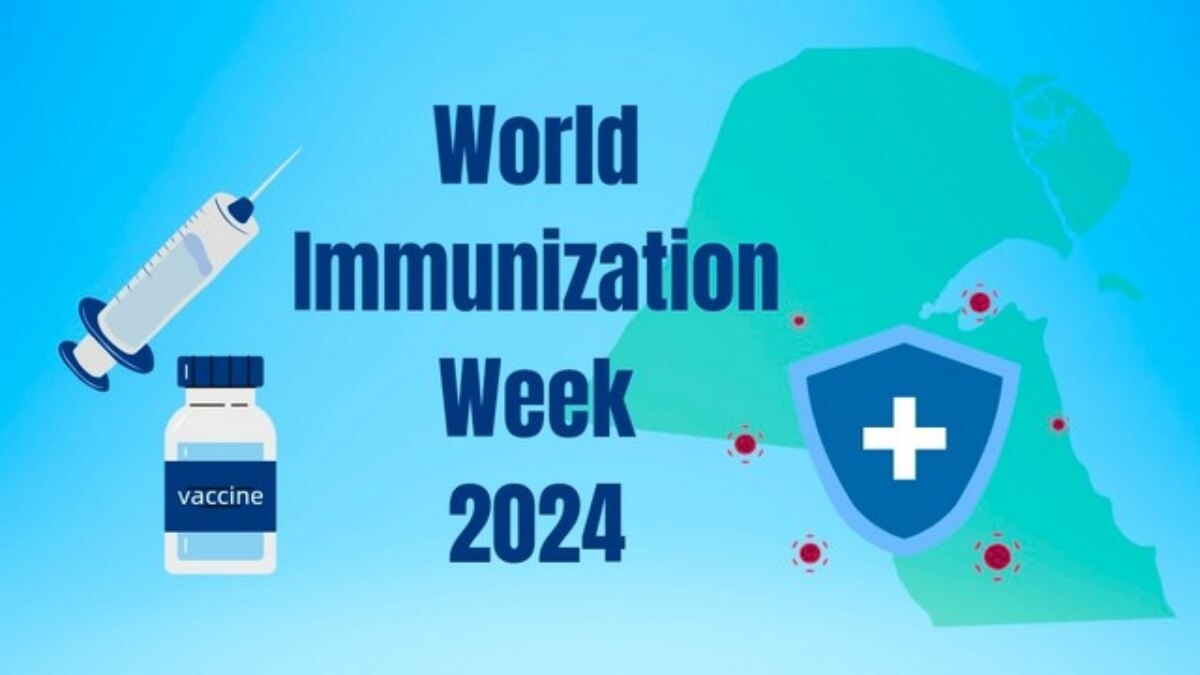Covid-19 pandemic increased Type 1 diabetes risk in children and adolescents, reveals Study
Mon 03 Jul 2023, 23:15:39

A recent large study has revealed that the risk of Type 1 diabetes among children and adolescents increased significantly as a result of the Covid-19 pandemic. The study was conducted as a systematic review and meta-analysis of 42 studies including 1,02,984 youths younger than 19 years. It has been in the JAMA Network Open.
The results showed that the incidence rate of Type 1 diabetes was 1.14 times higher in the first year and 1.27 times higher in the second year after the onset of the Covid pandemic compared with before the pandemic. There was also an increase in Type-2 diabetes cases among children and adolescents.
The study also found a higher rate of diabetic ketoacidosis (DKA) incidence, 1.26 times higher during the pandemic compared with before the pandemic.
DKA is the most common and serious complication of type 1 diabetes that can be life-threatening. It develops when the body doesn't have enough insulin to allow blood sugar into the cells for use as energy.
A team of researchers from the University of Toronto in Canada said that the study has found that after the start of the Covid-19 pandemic, the incident rates of Type 1 diabetes have increased among children and adolescents.
"Increased resources and support may be needed for the growing number of children and adolescents with diabetes," they added.
"Increased resources and support may be needed for the growing number of children and adolescents with diabetes," they added.
"We found an increased incidence rate of DKA at diabetes diagnosis among children and adolescents during the pandemic. This is concerning because DKA is preventable and an important cause of morbidity and mortality and is associated with long-term poor glycemic management," they added.
While the researchers said it is unclear what has triggered the surge in cases, there are some theories including that Covid infection can trigger a reaction in some children which increases the risk of diabetes.
Others include changes in lifestyle, changes in the pattern of paediatric non-Covid infections, and increased stress and social isolation. It has also been proposed that frequent respiratory or enteric infections in children are potential triggers for islet autoimmunity, promote progression to overt Type 1 diabetes, or are precipitating stressors.
"Our findings underscore the need to dedicate resources to supporting an acute increased need for paediatric and ultimately young adult diabetes care and strategies to prevent DKA in patients with new-onset diabetes," the researchers said.
No Comments For This Post, Be first to write a Comment.
Most viewed from
Most viewed from Health
AIMIM News
Latest Urdu News
Most Viewed
May 26, 2020
Which cricket team will win the IPL 2024?
Latest Videos View All
Like Us
Home
About Us
Advertise With Us
All Polls
Epaper Archives
Privacy Policy
Contact Us
Download Etemaad App
© 2024 Etemaad Daily News, All Rights Reserved.













.jpg)
.jpg)
.jpg)
.jpg)
.jpg)
.jpg)
.jpg)
.jpg)
.jpg)
.jpg)
.jpg)
.jpg)
















